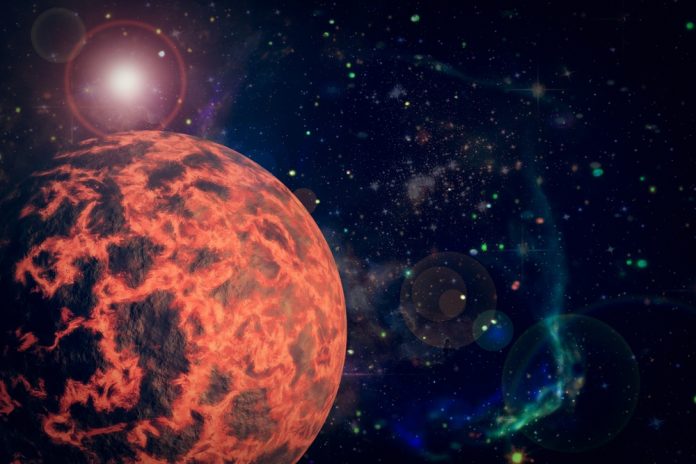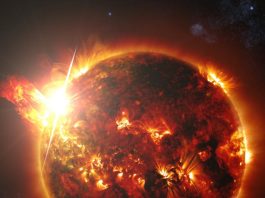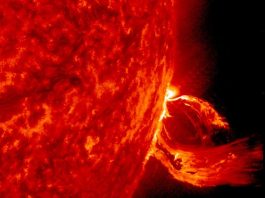The newly announced Ariel Data Challenge 2024, led by UCL researchers, is calling on data scientists, astronomers, and AI enthusiasts to help uncover the atmospheres of distant planets.
The competition, based on the European Space Agency’s Ariel space mission and featured at the NeurIPS 2024 machine learning conference, will tackle one of astronomy’s most complex and important data analysis problems—extracting faint exoplanet signals from noisy space telescope observations.
It offers participants a unique chance to contribute to cutting-edge research in the field of exoplanet atmospheres, with a prize pool of $50,000 USD.
Dr Caroline Harper, Head of Space Science, UK Space Agency, said: “Distant planets are likely to be more numerous in our galaxy than the stars themselves.
“The techniques developed through this prestigious competition could help open new windows for us to learn about the composition of their atmospheres and even their weather.”
The atmospheres of distant planets are unique
The discovery of distant planets has transformed our cosmic perspective, challenging conventional notions about the nature of the Solar System, the Earth’s uniqueness and the potential for life elsewhere.
Astronomers are aware of over 5,600 exoplanets as of today. However, detecting these worlds is only the initial step, as scientists seek to further comprehend and characterise their nature by studying their atmospheres.
The European Space Agency’s Ariel Space Mission, whose scientific leadership is provided by UCL’s Professor Giovanna Tinetti, will be launched in 2029 and will complete one of the largest-ever surveys of these planets by observing the atmospheres of around one-fifth of the known exoplanets.
Paul Eccleston, Ariel Mission Consortium Manager, RAL Space, commented: “The Ariel Data Challenge will be incredibly useful for building the payload structural model in the coming months.”
However, observing these atmospheres and deriving their properties is a formidable challenge. These atmospheric signals only account for a minute fraction of the starlight received from the planetary systems and are regularly corrupted by instrument noise.
The Ariel Data Challenge
The Ariel Data Challenge 2024 focuses on overcoming these noise sources, such as ‘jitter noise’ caused by spacecraft vibrations. This noise, along with other disturbances, complicates the analysis of spectroscopic data used to study the atmospheres of distant planets.
With support from the DiRAC HPC Facility, mission scientists have meticulously produced the most accurate representation of Ariel observations to date, based on Ariel’s payload design and incorporating representative noise effects from in-flight data obtained by the James Webb Space Telescope.
Scientists involved in the Ariel mission now seek novel methods to push the boundaries of current data analysis approaches – innovative solutions that can effectively suppress these noise sources and extract vital signals from exoplanet atmospheres.
The competition is open now until late October. Winners will be invited to present their solutions at the NeurIPS conference, with cash prizes available for the top six solutions.









